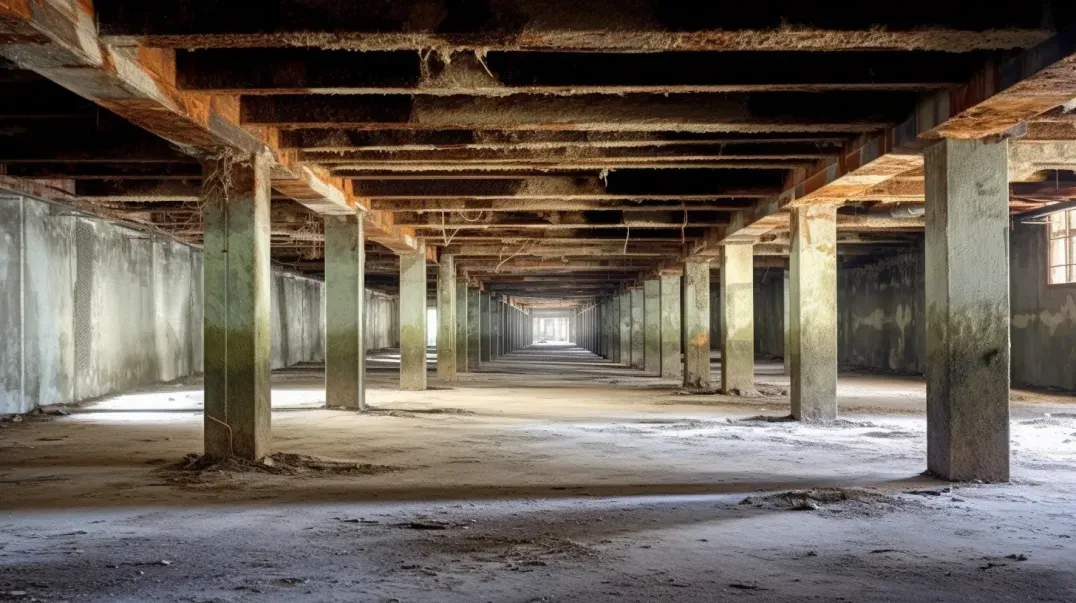
In the quest for a more sustainable and cost-effective living environment, the role of insulation emerges as a cornerstone of home energy efficiency. Far from being just a passive barrier, proper insulation is a dynamic force that significantly influences a home's energy consumption, environmental footprint, and the well-being of its occupants. This blog delves into the critical role of insulation in enhancing home energy efficiency, exploring how it functions to minimize energy loss, reduce utility bills, and ensure a comfortable living space throughout the year.
Insulation's importance transcends seasonal changes, acting as a thermal shield that keeps homes warm during the chilly months and cool in the heat of summer. By reducing the demand on heating and cooling systems, insulation not only lowers energy consumption but also extends the lifespan of these systems, contributing to substantial cost savings over time. Moreover, effective insulation plays a pivotal role in mitigating environmental impact by decreasing the reliance on energy resources and reducing greenhouse gas emissions.
As we navigate the complexities of home energy efficiency, understanding the role of insulation becomes paramount. From the basics of how insulation works to the latest advancements in materials and technology, this blog aims to provide homeowners with the knowledge they need to make informed decisions about their insulation needs. Whether you're building a new home, undertaking renovations, or simply looking to improve your home's energy performance, the insights shared here will underscore the undeniable value of investing in quality insulation.
Join us as we explore the critical role of insulation in home energy efficiency, shedding light on its benefits, challenges, and the impact it has on creating a more sustainable, comfortable, and cost-effective living environment.
Recognizing the Need for Insulation Replacement
Insulation plays a pivotal role in maintaining a home's energy efficiency, comfort, and overall livability. However, over time, insulation can degrade, lose its effectiveness, and require replacement. Recognizing the need for insulation replacement is crucial for homeowners to ensure their homes remain energy-efficient and comfortable throughout the year. This blog explores the common mistakes homeowners make in assessing their insulation's lifespan and the importance of a comprehensive insulation assessment.
Misjudging Insulation Lifespan
Insulation doesn't last forever, and its lifespan can be affected by various factors, including material type, installation quality, and environmental conditions. Understanding the signs of aging and deterioration is essential.
- Understanding the Signs of Aging and Deteriorating Insulation: Common signs include higher energy bills, difficulty maintaining consistent indoor temperatures, and visible damage to insulation material. In some cases, insulation may settle or become compacted, significantly reducing its effectiveness.
- The Risks of Delaying Necessary Insulation Replacement: Postponing insulation replacement can lead to increased energy consumption, higher utility bills, and reduced comfort. In severe cases, deteriorated insulation can contribute to moisture problems, mold growth, and poor indoor air quality, posing health risks to occupants.
Overlooking Comprehensive Insulation Assessment
A thorough inspection of your home's insulation is critical before deciding on replacement. This step ensures that all areas needing attention are identified, including those that are often overlooked.
- Importance of a Thorough Inspection Before Deciding on Replacement: A comprehensive insulation assessment conducted by a professional can reveal hidden issues, such as air leaks, moisture intrusion, or uneven insulation distribution. This assessment provides a clear picture of the insulation's overall condition and areas that require immediate attention.
- Commonly Missed Areas and Hidden Insulation Issues: Areas often missed during casual inspections include attics, crawl spaces, and exterior walls behind finished surfaces. Hidden issues might also involve inadequate insulation around windows and doors, or gaps around electrical outlets and light fixtures, which can significantly impact the home's overall energy efficiency.
Recognizing the need for insulation replacement and conducting a comprehensive assessment are critical steps in maintaining a home's energy efficiency and comfort. By understanding the signs of aging insulation, acknowledging the risks of delay, and ensuring a thorough inspection, homeowners can make informed decisions about insulation replacement, ultimately leading to a more energy-efficient and comfortable living environment.
Selecting the Right Insulation Material
Choosing the correct insulation material for your home is a critical decision that impacts not only the energy efficiency and comfort of your living space but also the long-term sustainability and cost-effectiveness of your insulation project. This blog explores the common pitfalls in selecting insulation materials, such as ignoring material suitability and R-value, and the often-overlooked benefits of eco-friendly and innovative options.
Ignoring Material Suitability and R-Value
The effectiveness of insulation is largely determined by its R-value, which measures the material's resistance to heat flow. Selecting insulation with an inappropriate R-value or material for specific areas of your home can lead to suboptimal energy efficiency and comfort levels.
- The Consequences of Choosing Insulation with Inappropriate R-Value or Material: Using insulation with too low an R-value for your climate can result in inadequate thermal protection, leading to higher energy bills and a less comfortable home environment. Conversely, excessively high R-values might not always offer proportional benefits, considering the cost.
- Tips for Matching Insulation Material to Climate and Home Structure: Research the recommended R-values for your geographic area and the specific parts of your home (attic, walls, floors). Consider the structure of your home and any unique needs it may have, such as moisture resistance in damp areas. Consulting with a professional can also provide tailored advice on the best materials and R-values for your situation.
Overlooking Eco-Friendly and Innovative Options
In the quest for energy efficiency, the environmental impact and innovation potential of insulation materials are often underestimated. Sustainable insulation options not only contribute to a greener planet but can also offer long-term cost savings and enhanced living conditions.
- Benefits of Considering Sustainable Insulation Materials: Eco-friendly insulation materials, such as sheep's wool, cellulose (made from recycled paper), or cork, are renewable and have lower environmental footprints. They can improve indoor air quality by reducing exposure to harmful chemicals and allergens found in some traditional insulation materials.
- Potential Long-Term Advantages and Cost Savings: While the initial investment in sustainable or innovative insulation materials might be higher, the long-term benefits can outweigh these costs. Improved energy efficiency, durability, and lower environmental impact can result in significant savings over time, not to mention the potential for increased property values and appeal to environmentally conscious buyers or renters.
Selecting the right insulation material for your home involves careful consideration of your specific needs, climate, and the structure of your home, as well as a broader understanding of the environmental impact and long-term benefits of your choices. By avoiding common pitfalls and exploring eco-friendly and innovative options, homeowners can make informed decisions that enhance comfort, efficiency, and sustainability.
Ensuring Proper Installation
Proper installation of insulation is crucial for maximizing energy efficiency, comfort, and the longevity of your home's insulation system. Mistakes in installation can lead to inadequate coverage, gaps, and overlooked ventilation, which can compromise the insulation's effectiveness and potentially lead to moisture-related issues. This blog explores how to avoid common installation mistakes and emphasizes the importance of moisture control and ventilation in conjunction with insulation.
Avoiding Inadequate Coverage and Gaps
Ensuring even and thorough coverage is fundamental to the effectiveness of your insulation. Inadequate coverage and gaps can significantly reduce your home's ability to retain heat or cool air, leading to increased energy bills and decreased comfort.
- The Importance of Even and Thorough Insulation Coverage: Proper insulation coverage is essential for creating a continuous thermal barrier that minimizes heat transfer. This barrier helps maintain consistent indoor temperatures, reduces the workload on heating and cooling systems, and improves overall energy efficiency.
- Techniques for Preventing Common Coverage Mistakes: To avoid gaps and ensure even coverage, start by accurately measuring the space and cutting insulation materials to fit snugly around obstacles like pipes and ductwork. Use appropriate insulation types for different areas of your home, such as using spray foam in hard-to-reach spots to ensure complete coverage. Always double-check for gaps or compression points, which can significantly undermine insulation effectiveness.
Overlooking Ventilation and Moisture Control
While insulation is vital for energy efficiency, it must be balanced with proper ventilation to prevent moisture accumulation, which can lead to mold growth and structural damage.
- Balancing Insulation with Proper Ventilation to Prevent Mold and Moisture Issues: Adequate ventilation is crucial in areas prone to moisture, such as bathrooms, kitchens, and attics. Ventilation systems, such as exhaust fans and ridge vents, help remove excess moisture, keeping the air fresh and preventing the conditions that allow mold to thrive.
- Tips for Ensuring Adequate Airflow in Insulated Areas: Incorporate breathable materials in your insulation strategy to allow moisture to escape. Ensure that soffit vents are not blocked by insulation, and consider adding vapor barriers in areas with high moisture levels. Regularly inspect these areas for signs of moisture accumulation or mold growth and address any issues promptly to maintain healthy indoor air quality.
Proper installation of insulation, combined with effective moisture control and ventilation, is essential for safeguarding the longevity of your insulation investment and maintaining a comfortable, energy-efficient home. By paying close attention to coverage, avoiding common mistakes, and ensuring adequate airflow, homeowners can enjoy the full benefits of their insulation for years to come.
Post-Installation Considerations
After the installation of insulation, the process doesn't end there. Ensuring the longevity and effectiveness of your insulation requires careful post-installation inspection and ongoing maintenance. Neglecting these steps can lead to decreased energy efficiency and comfort over time. This blog discusses the critical post-installation considerations every homeowner should be aware of, from the necessity of initial inspections to the importance of regular maintenance and vigilance for signs of needed adjustments.
Skipping Post-Installation Inspection
The completion of insulation work marks a crucial time for inspection to ensure that the installation meets all expected standards and requirements.
- The Necessity of Inspecting Insulation Work Upon Completion: Conducting a thorough post-installation inspection is essential to verify that the insulation has been installed correctly and uniformly, without any gaps or missed areas. This step ensures that the insulation will perform as intended, maximizing energy efficiency and comfort.
- Identifying and Addressing Any Overlooked Areas or Issues: During the inspection, look for any signs of inadequate coverage, compression, or displacement of insulation materials. Identifying and rectifying these issues early can prevent more significant problems down the line, such as energy loss or moisture accumulation.
Ignoring Regular Maintenance and Checks
Insulation, like any other component of your home, requires regular maintenance to maintain its effectiveness and protect your investment.
- Routine Maintenance Practices to Ensure Long-Term Insulation Effectiveness: Regularly check your insulation for signs of wear and tear, moisture accumulation, or pest infestation. In areas prone to moisture, ensure that vapor barriers and ventilation systems are functioning correctly to prevent mold growth and insulation degradation.
- Signs That Insulation May Need Adjustments or Additional Upgrades: Be on the lookout for changes in your home's energy efficiency or comfort levels, such as unexplained increases in heating or cooling costs, drafts, or uneven temperatures across different rooms. These signs may indicate that your insulation requires adjustments, additional layers, or upgrades to address new energy efficiency standards or changes in your home's structure and usage.
Proper care and attention to insulation after installation are crucial for ensuring that it continues to perform effectively over the years. By conducting thorough post-installation inspections and adhering to a routine maintenance schedule, homeowners can enjoy the full benefits of their insulation, contributing to a more comfortable, energy-efficient home.
Working with Insulation Professionals
Selecting the right contractor for your insulation project is crucial to ensuring the job is done correctly, efficiently, and within budget. However, navigating the process of choosing a professional and maintaining a productive working relationship can be challenging. This blog offers guidance on avoiding the pitfalls of choosing the wrong contractor, tips for vetting potential candidates, and strategies for ensuring clear communication and expectations throughout the project.
The Pitfalls of Choosing the Wrong Contractor
The consequences of selecting an unqualified or unscrupulous insulation contractor can range from subpar work and inflated costs to significant delays and legal issues. Here’s how to navigate the selection process:
- Tips for Vetting and Selecting a Reputable Insulation Professional: Start by seeking recommendations from friends, family, or reputable trade associations. Research potential contractors online, checking for reviews, ratings, and any complaints filed against them. Verify their credentials, including licensing, insurance, and any certifications relevant to insulation work. Ask for references and examples of previous projects similar to yours.
- Red Flags to Watch Out for in the Selection Process: Be wary of contractors who offer estimates without thoroughly inspecting your property, pressure you to make an immediate decision, or request full payment upfront. Other red flags include a lack of physical business address, poor communication skills, and significantly lower bids than competitors, which may indicate a lack of experience or intention to cut corners.
Ensuring Clear Communication and Expectations
A successful insulation project relies on clear, open communication between you and your contractor. Setting and managing expectations from the outset can prevent misunderstandings and ensure the project meets your standards.
- The Importance of Clear Communication About Project Scope, Timeline, and Costs: Before work begins, ensure you have a detailed contract that outlines the project's scope, the materials to be used, the timeline, and a breakdown of costs. Discuss any potential issues that could arise and how they would be addressed.
- Strategies for Maintaining a Productive Working Relationship with Your Contractor: Maintain regular communication with your contractor throughout the project. Be available to answer questions and make decisions as needed. Provide feedback and express any concerns promptly and constructively. Recognizing the contractor's expertise and treating them with respect can foster a positive working relationship and contribute to the project's success.
Working with insulation professionals requires due diligence in the selection process and effective communication throughout the project. By taking the time to vet potential contractors carefully and establishing clear expectations, homeowners can ensure their insulation project is completed to their satisfaction, enhancing the comfort and energy efficiency of their home.
FAQs
Contact Bull City Crawlspace Today!
Bull City Crawlspace will do everything we can to ensure your experience with us is excellent.
Request A FREE Estimate
Request a Free Estimate Form
Checkout Recent Post
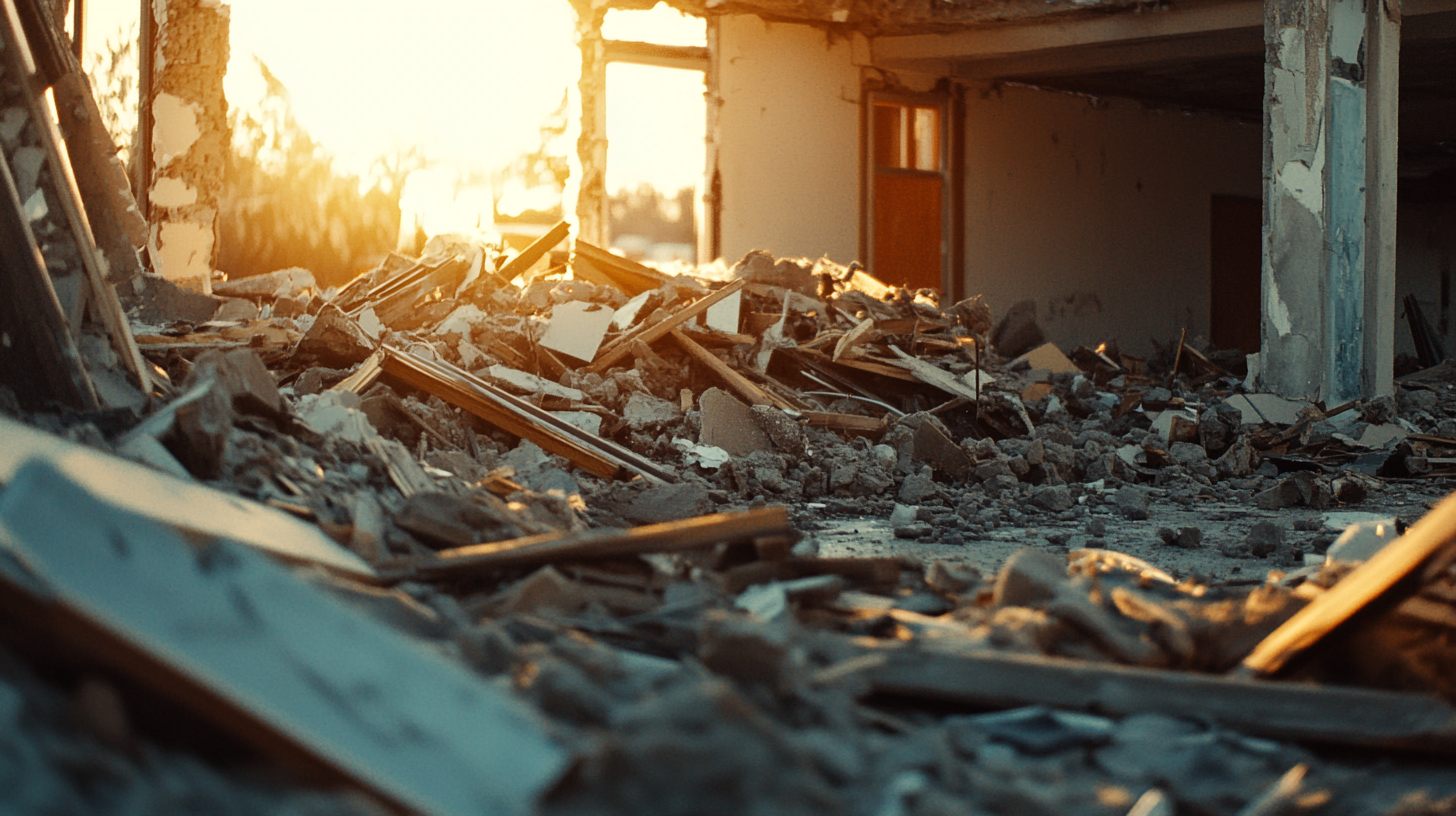
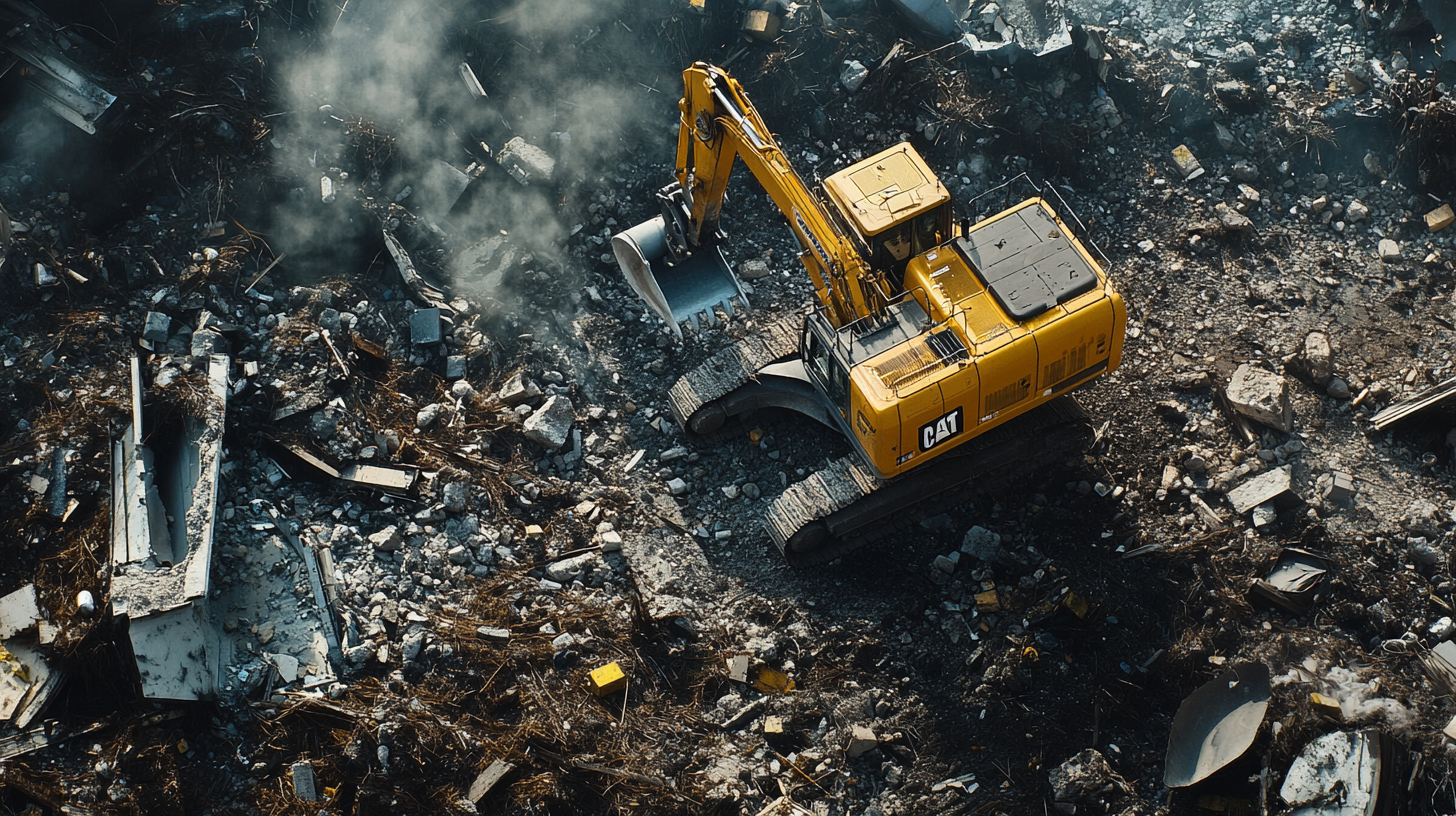
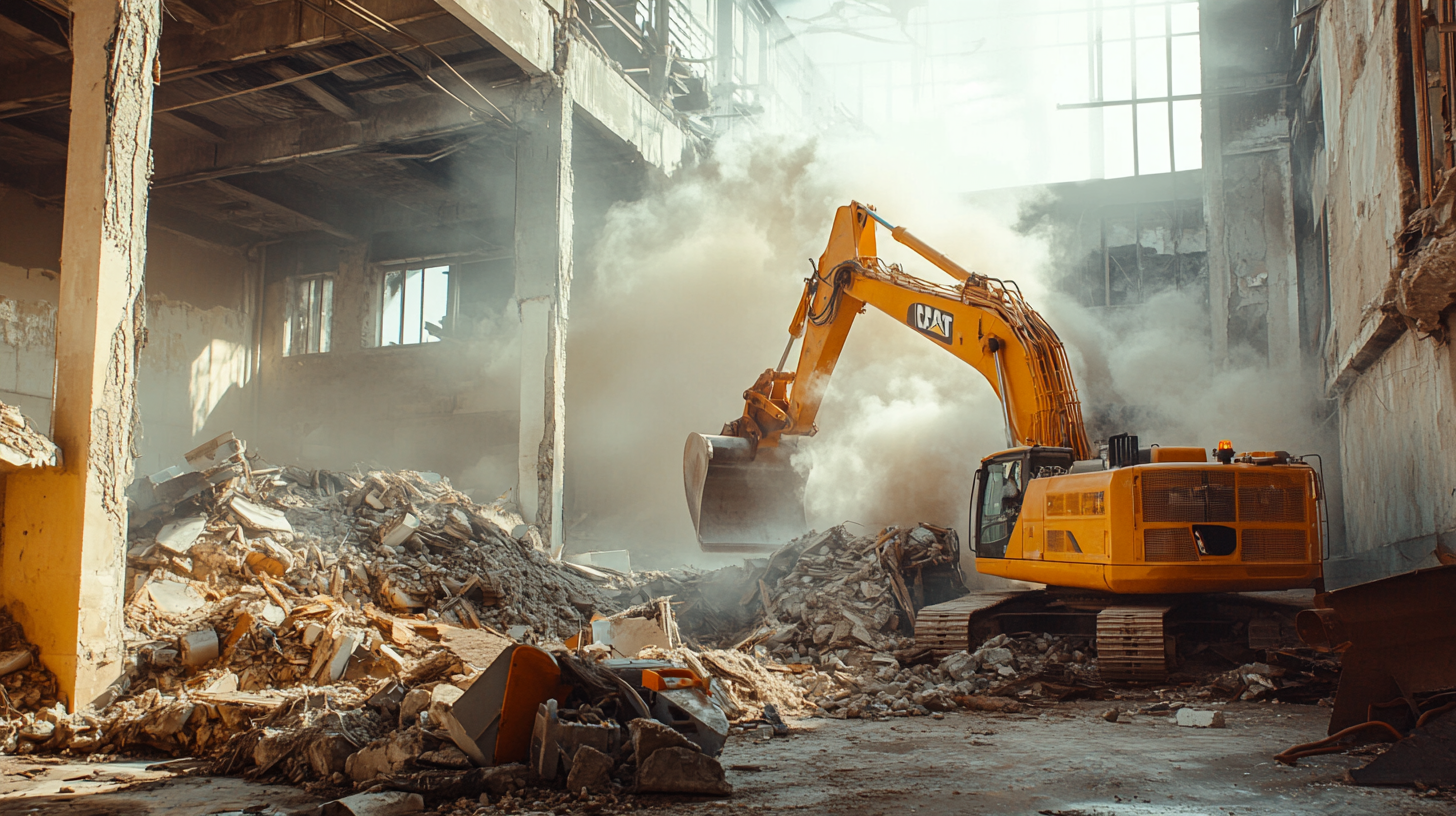
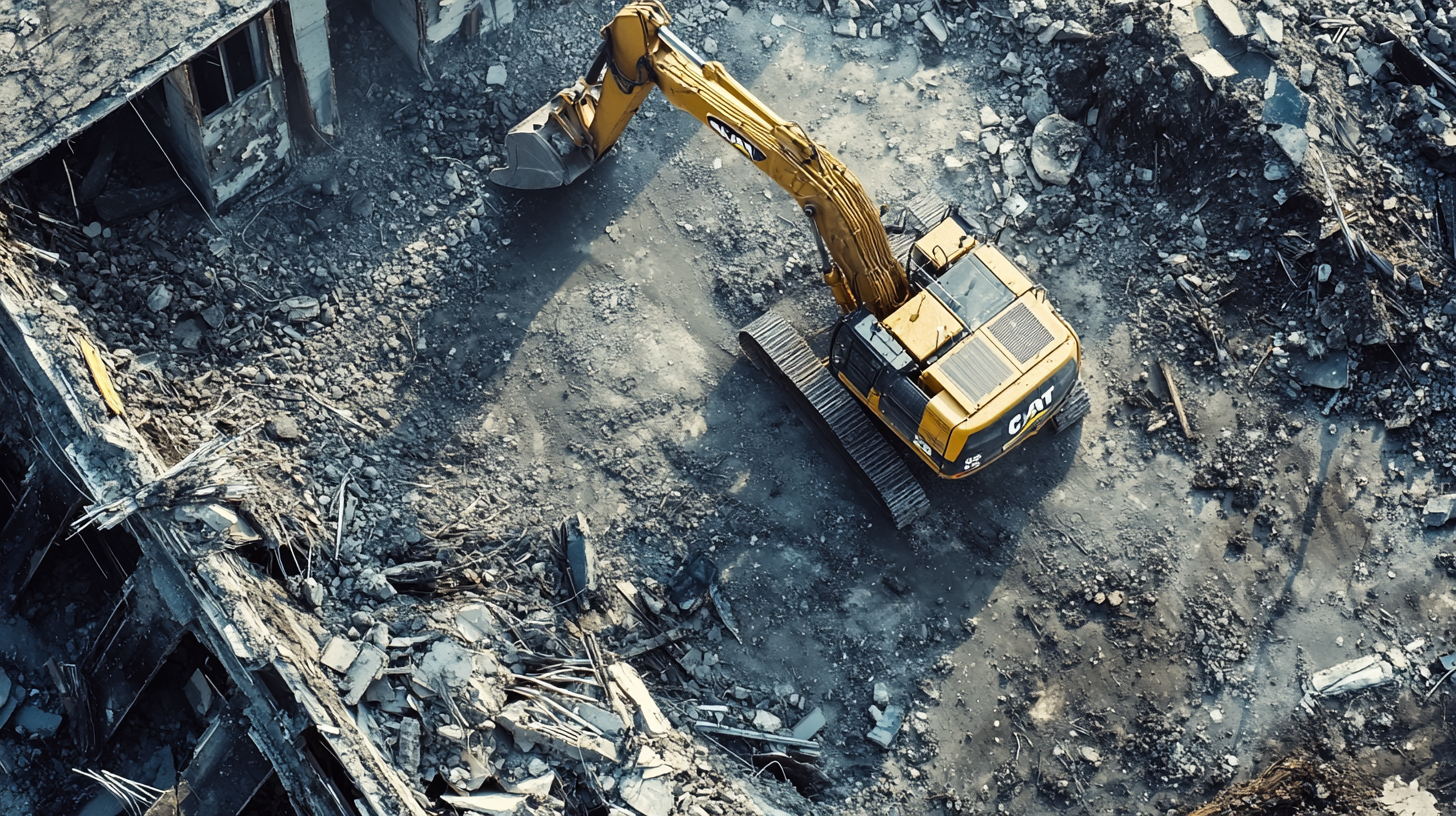
Got a Question? We’re Here to Help.
You can arrange an appointment or make an enquiry by phone or email, orget in touch to us via our contact form.

